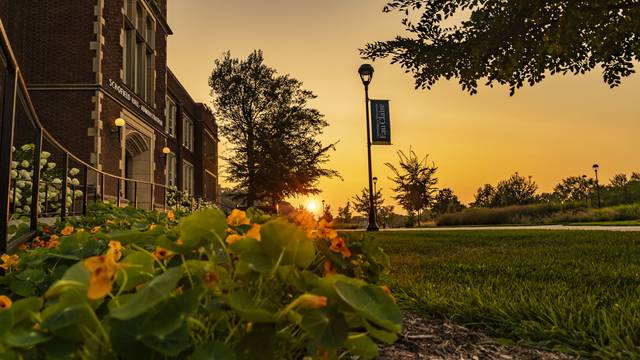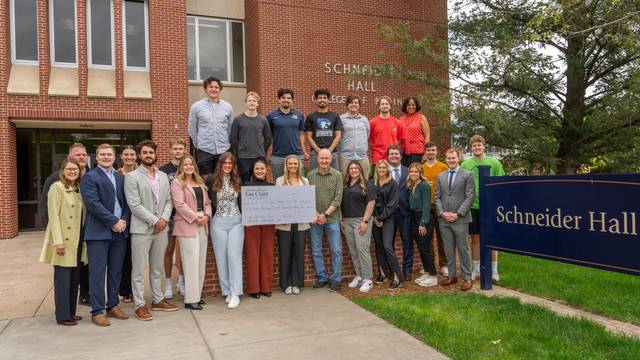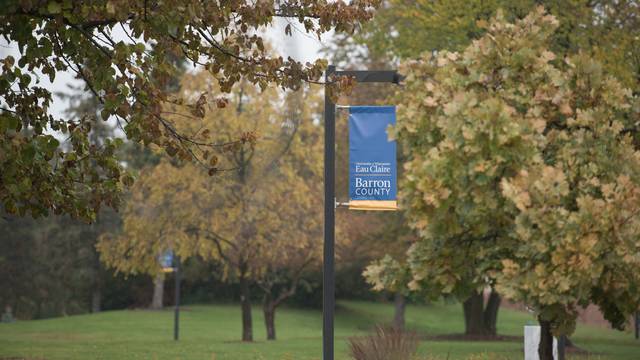Orienting oneself to the outside world after spending months in a jail is difficult enough on its own, but being released at five in the morning makes this transition into freedom all the more challenging.
Sarah Ferber, a leader of Ex-Incarcerated People Organizing (EXPO), discussed the difficult conditions that prisoners have to face once released from Eau Claire County Jail and her desire to make a change.
“It’s kind of a known thing among people that have been incarcerated that their release time is really early in the morning at 5 a.m. right before the shift change (for correctional officers),” Ferber said. “It seemed like we were doing people a disservice by not making sure that people had a place to go or making sure people had a plan for when they left.”
Ferber’s dissatisfaction turned into a vision to create a safe location that would be opened at 5 a.m. for those released from the jail. Luke Fedie, manager of the mental health clinic for Eau Claire County who is also involved in the safe space project, explained the role the space would play for those released from jail.
“The space will provide previously incarcerated individuals with a viable option to speak with others, get some food, as well as any other resources that are available through this initiative,” Fedie said. “The space will be staffed with individuals that can provide a level of direction for those coming out of incarceration, including linkage to community supports and programs.”
With a vision in place, Ferber began reaching out to others in the community and found that Grace Lutheran Church was willing to allow Ferber to use their space, though her work was far from over.
Ferber knew that she would need help from others in making her vision a reality. Knowing this, she reached out to Dr. Ruth Cronje, a professor at UW-Eau Claire, and an Honors Health Equity class was born, giving students at Eau Claire a chance to help further develop and create this safe space.
Throughout this spring semester, UW-Eau Claire students have been working to find resources and figure out the logistics of the project. Because the safe space is still in its early stages, Cronje discussed the challenges the class has already been experiencing as they try to make the project a reality.
“There’s no one telling us what the map is so we’re having to create the map to this as we go, and we’re having to do the problem solving that you need to do to get something like this off the ground,” Cronje said.
One of the biggest challenges the students, Ferber, and other community partners are facing is how they will keep the space up and running once it is created. This is something Cronje recognizes is an important task that the students will have to consider in greater depth.
“One of the things we’re going to have to challenge ourselves to do is think harder about exactly what it’ll take to sustain that space,” Cronje said.
Fedie agreed with Cronje’s concern, noting that funding may serve as a barrier to keeping the program running.
“One of the challenges that often exists with the creation and implementation of a program is working to make the program sustainable,” Fedie said. “It can be a challenge to continually staff a program, as funding for such things can change based on what the identified needs in a community are.”
Though sustainability remains an unanswered question, Fedie believes in the necessity of having a space like this in the community.
“It is not uncommon for someone coming out of incarceration to be anxious about where they will go when they are released,” Fedie said. “This space will provide them with a viable option to speak with others, get some food, as well as any other resources that are available through this initiative.”
As Ferber continues to push this project forward with the help of many other community members, she remains excited about the progress surrounding the safe space.
“This is something I’ve talked about for a couple of years and to see it come to fruition is really exciting,” Ferber said.



